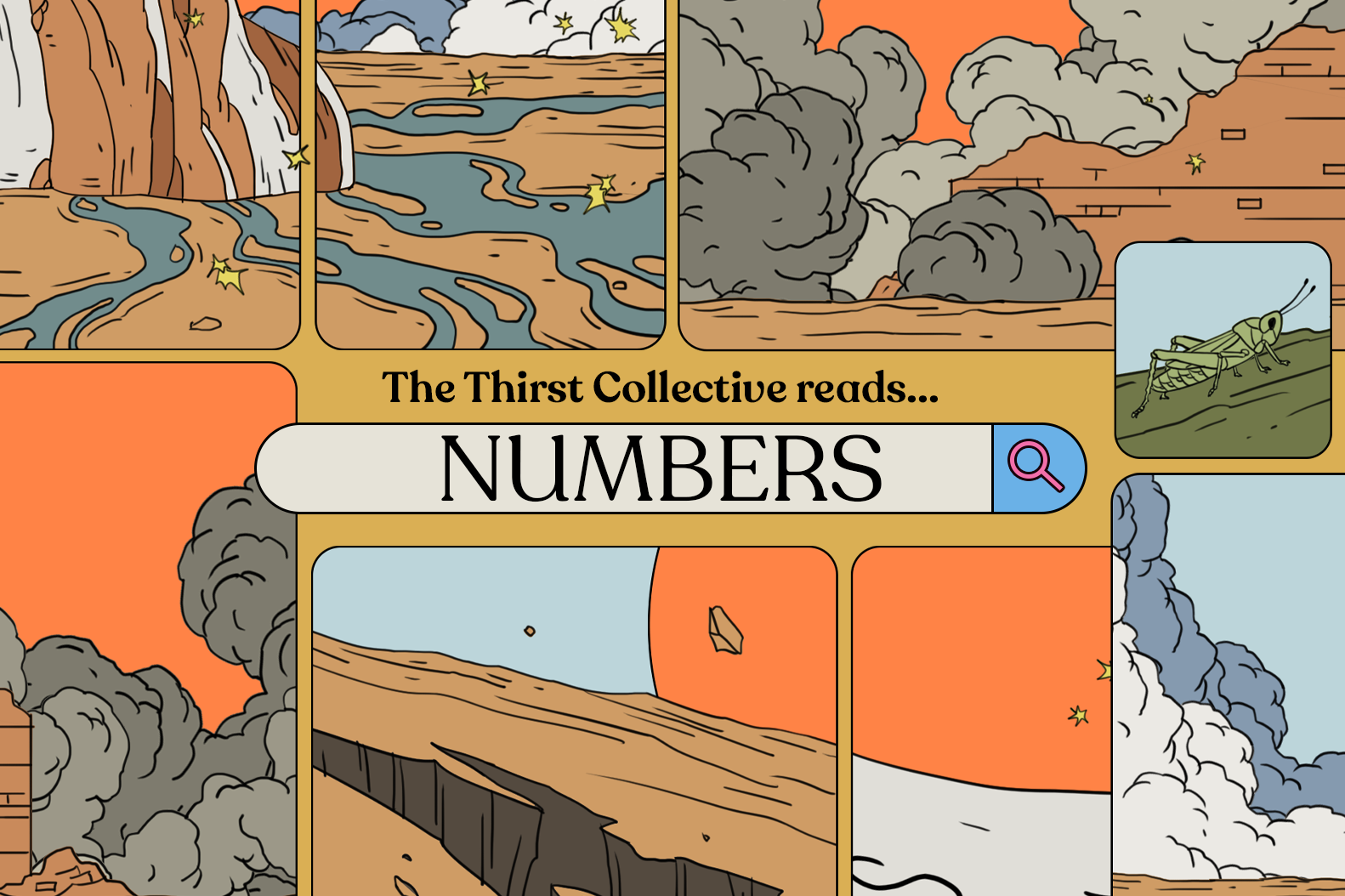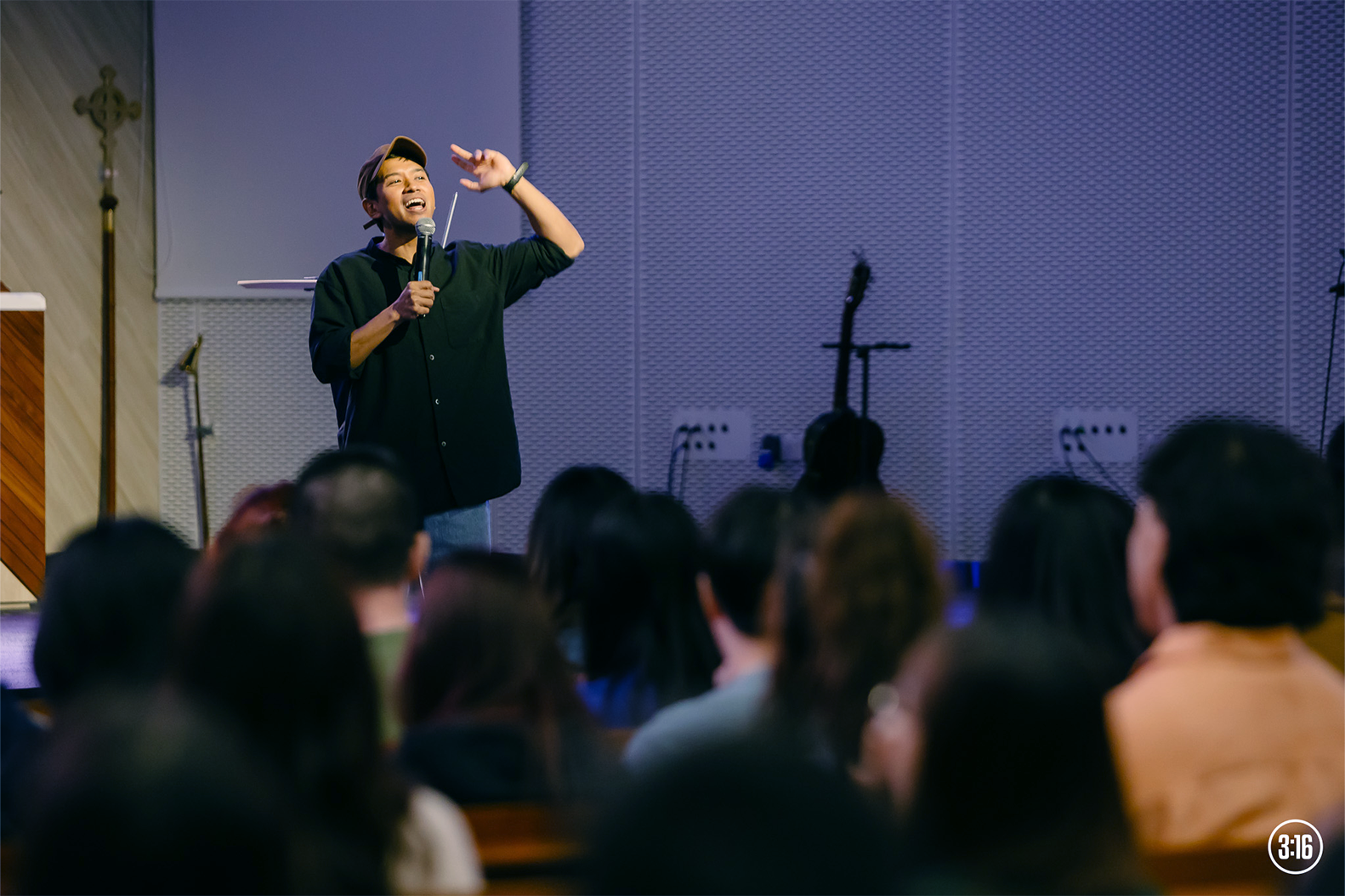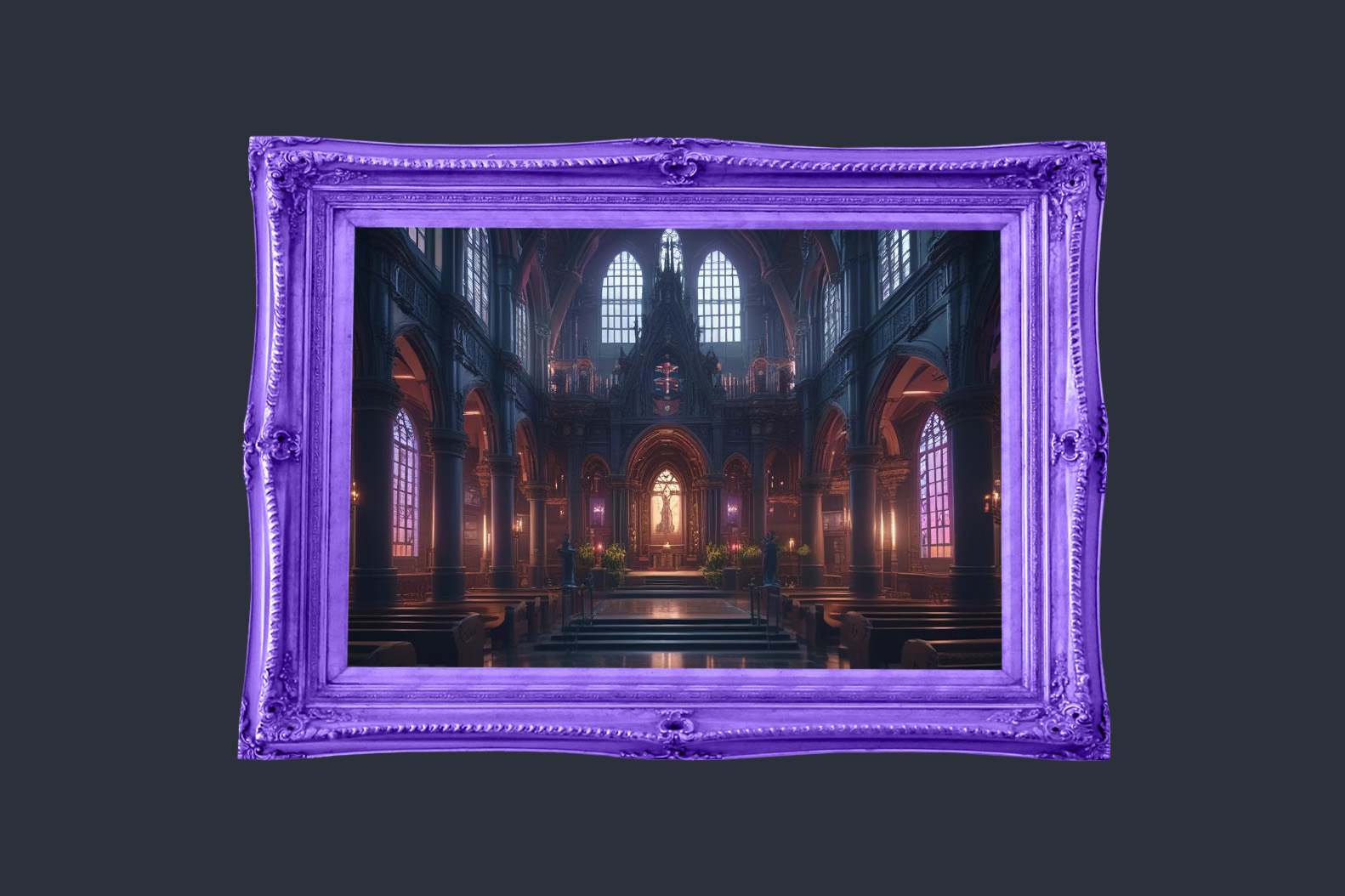Is there more to life than this?
A big question, which most of us have probably asked at some point. But in this age of hyper-connectivity, it’s almost impossible to create space to find the silence and solitude we need to wrestle with life’s big questions.
“Out of office” is a lie, because omnipresent wifi, mobile data and push notifications mean the office is wherever we are. The drudgery of the routine of life is hitting us harder than ever before. The endless cycle forces up questions of meaning, purpose, and fulfilment, but we try to cover up the seeming emptiness of these endless pursuits by filling our time – ironically with more and more such endless pursuits.
We don’t have the time to stop and think. Even if we manage to momentarily drown out the question by loading ourselves with more activity, the cry of our heart remains the same: Is there more to life than this?
I wrote the song, Strive (Live Fast, Die Young) out of that place of tension, where the desire to slow down, reflect and recalibrate my life had to be reconciled with the unapologetic fact that the world will never stop for me to do so.
I had a choice to make, as do all of us. Do we dare to hit the Pause button, and lose our lives as we know it, in order to find out what we are really living for?
More often than not, making the decision to slow our lives down means we’ll have to sacrifice something.
For some, it may involve finances: Dare I give up a life of stability? Would I give up my income and a comfortable life in order to take the time to understand what I am really living for?
But for many of us, it is an issue of insecurity – the insecurity of not being in control and not being certain of who we are apart from what we do. It is a fear of losing grip over an image that has become so central to how we identify ourselves and our identity in this World. Maybe we fear losing our reputation – we’re worried on what people might think of us calling for a “time-out”.
I remember the day I started work in the CBD. I felt as if I had been thrust onto a moving treadmill; there was no warm-up, no gradual increase of pace. From Day 1 I felt as if I was playing catch-up. Anyone who works in the city might be able to identify; there’s an established rhythm in the area, a certain atmosphere about it. Things move like clockwork.
My peers and I were simply trying to survive and keep our heads above water. “Such is life,” we were told. “You just have to get used to it.”
So I did.
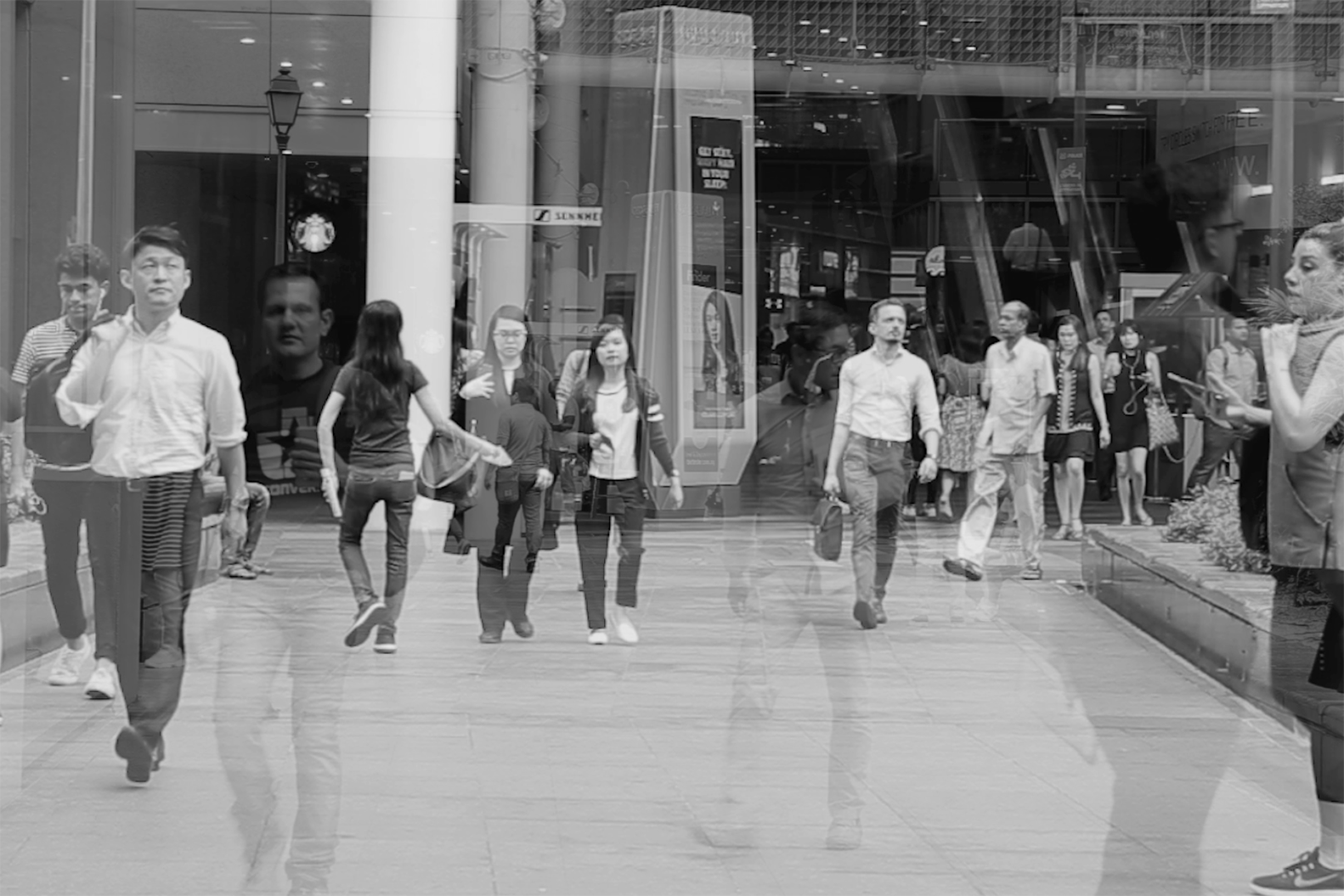
Over time, I caught on to this rhythm and assimilated myself into the working force. I developed an ability to move from activity to activity, task to task, person to person. Truth be told, I was mostly driven by an adrenaline-rush – it was absolutely thrilling.
I felt effective, like I was a part of something bigger, and thought that my life actually had meaning. Telling people that I was busy felt almost like a badge of honour.
But in retrospect, I think the only meaning I had, was to live for busyness. There was a part of me which believed that if I was busy, I was useful. And if I was useful, then surely I was of value – significant.
I was so busy that even in my downtime, I found myself restless and unable to be still, checking my emails or social media for incoming messages/news/information. Most days, I felt like I was drowning in people’s demands and often unrealistic expectations. My boat was taking on more water than it could hold – from work, from Christian service, from people, family, and friends – and I didn’t even know it.
I was striving for so much and moving so fast that I had no capacity to even consider how I could be thriving instead, because I spent most of my energy just trying to survive.
All this came to a jarring halt one day, as I looked out the window at my workplace to give my eyes a break from the computer.
Looking down from the seventh floor, I noticed in the middle of the open area at Raffles Place a man sitting in a wheelchair, holding out tissue-packets for sale. It wasn’t an uncommon sight in the CBD, but that day my heart writhed with a sharp pain: Almost everyone walked past him, each one on their mobile phone, too busy to stop to give him a moment’s attention.
It wasn’t about the money; most would easily have been able to afford to give a dollar or more. It was their time that seemed far too expensive to give away.
In that moment, I felt as if my heart had caught a glimpse of what my daily life looked like – as seen from above. In the busyness of each day, had I lost sight of the true business of life?
When our lives move too fast, that comes with a cost. It may be the inability to notice and care for the people around us. It may be how we find ourselves restless in quiet moments. It breeds a deep sense of striving – there always seem to be things we need to do, goals we have to attain, people we need to be, respect we need to earn.
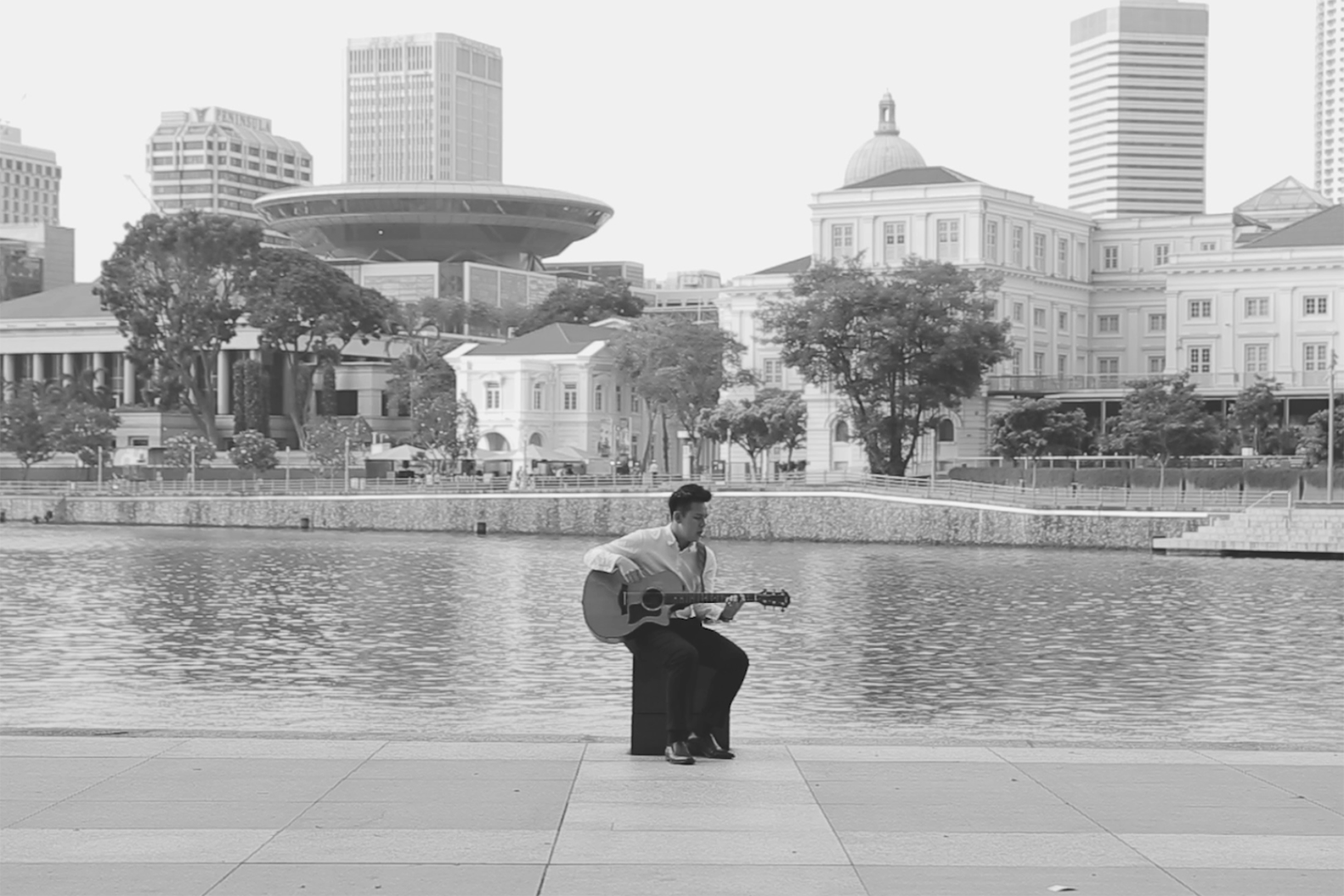
We build our fortunes and our reputation through all this striving, but to what end? What kind of life are we building beyond that, and what legacy do we leave behind?
Jesus was highlighting something critical to/for us when He posed the question: “What good would it gain a man to gain the World but forfeit his soul?” (Mark 8:36)
The thing about living fast is that by the time we realise it, most of life might have passed us by. I carry this song in my heart as a prayer for each one of us, that we would not live lives where the only meaning is to stay busy, and that we would recognise the urgency of learning how to slow our lives down, because fast-paced living comes with a cost – the cost of living fast, but dying young.
“Teach us to number our days, that we may gain a heart of wisdom.” (Psalm 90:12)







